The Parliamentary Assembly of the Council of Europe’s rapporteur on the murder of Daphne Caruana Galizia has been authorised by PACE’s Legal Affairs Committee to receive information from anonymous sources and to protect the identity of anyone who provides such information.
Dutch MP Pieter Omtzigt, tasked with preparing a report for the PACE on the investigation into the assassination of Caruana Galizia and the rule of law in Malta, has expressed concern over “many issues concerning the rule of law in Malta, the progress made in investigating the murder, and the attitude and behaviour of certain senior public officials”.
In an introductory memorandum on his investigation, which was declassified by PACE’s legal committee on Monday, the rapporteur said the mere preliminary overview of the case raised “many issues concerning the rule of law in Malta, the progress made in investigating the murder, and the attitude and behaviour of certain senior public officials”.
He said he would proceed with his report on the basis of three working assumptions:
“That the means employed to commit Daphne Caruana Galizia’s murder indicate that it was planned and premeditated long in advance;
“That the person or persons ultimately responsible for her assassination were motivated by her investigative work, either already published or on which she was engaged at the time of her death and;
“That the three arrested suspects were most likely acting under instructions, since there is little to suggest that they had any personal motive to kill her – they had not been the subject of her investigations.”
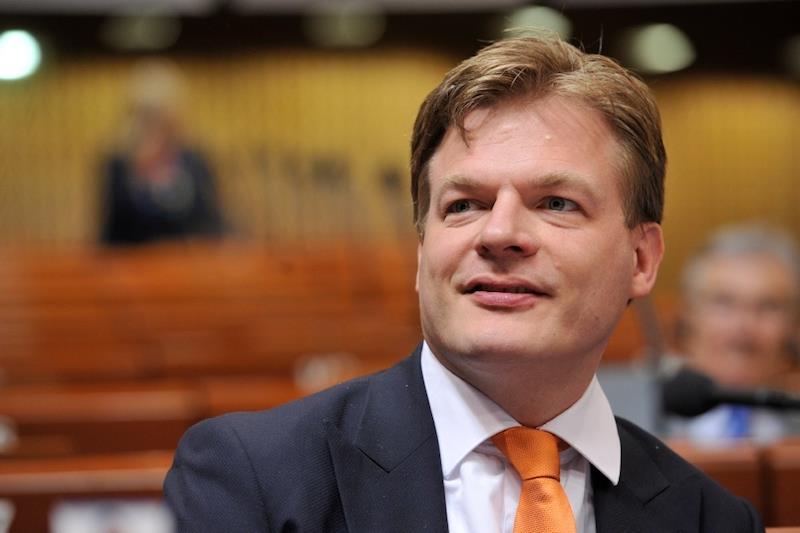
Omtzigt (above) said there was little to suggest the three arrested suspects had any personal motive to kill the journalist, since they had not been the subject of her investigations: “This implies that ultimate responsibility for her assassination lies with another person or persons.”
The rapporteur said he intended to organise a hearing to “hear first-hand from experts in different fields” about the investigation and the murder, as well as to visit Malta to speak to the authorities and other relevant interlocutors.
The declassified memorandum goes into detail on the Financial Intelligence Analysis Unit’s leaked reports on the Prime Minister’s chief of staff Keith Schembri and Minister Konrad Mizzi, 17 Black, Egrant and Pilatus Bank, of which the rapporteur comments: “The Caruana Galizia case is of huge importance not only in its own right but because of what it may signify for the rule of law in Malta”.
Omtzigt noted there is no information publicly available on whether the police investigation has seen any progress in identifying those ultimately responsible, and that the recent European Parliament delegation to Malta found that: “The investigation into the assassination of Daphne Caruana Galizia is stalling. People we spoke to suspect that the plan may be ensure the blame rests with the three suspected bombers and to eventually let them go free, after 20 months of detention.”
The situation Omtzigt says, “…raises many issues concerning the rule of law in Malta, the progress made in investigating Ms Caruana Galizia’s murder and the attitude and behaviour of certain senior public officials.
“These will have to be explored in more detail before my report can be finalised. To do this, it will be necessary for the Committee to hear first-hand from experts in different fields and for me to visit Malta in order to speak to the authorities and other relevant interlocutors.”
Omtzigt raises concern that the magistrate investigating the murder Magistrate Anthony Vella, who has remained in charge of the investigation since day one may be removed from the case should he promoted to judge, which happened on Monday right as the report was being declassified.
Omtzigt opined, “Should he be promoted, this could inhibit further investigation into who was ultimately responsible for the murder of Ms Caruana Galizia, as the person with knowledge of the investigation from the very early stages would be replaced by someone unfamiliar with the file.”
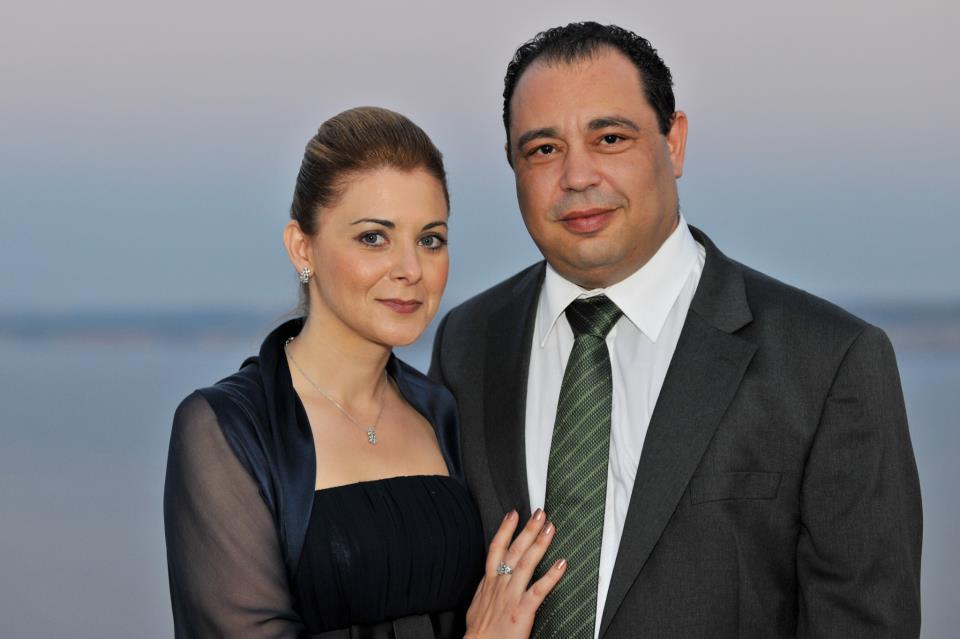
Omtzigt also pays heed to concerns expressed about the police, noting how Deputy Police Commissioner Silvio Valletta (also an FIAU board member) had a conflict of interest given his marriage to Cabinet Minister Justyne Caruana. He did note that a judge ruled that Valletta should not be involved in the investigation, and that his involvement should itself be investigated by his replacement. Valletta suspended himself from the investigation.
The PACE rapporteur also raises concern over “the proximity, going beyond the contacts that would be expected as part of their official duties, between leading government officials and actors with major commercial or financial interests in Malta who were subjects of Ms Caruana Galizia’s investigations.
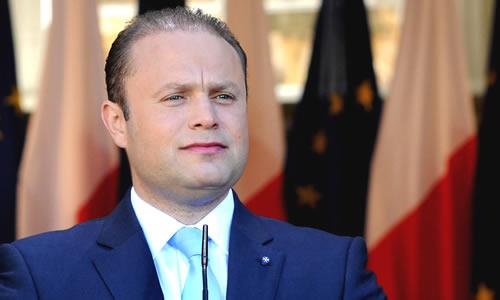
“For example, [Prime Minister Joseph] Muscat and [his chief of staff Keith] Schembri, along with Juanita Bencini of KPMG, Pilatus Bank’s auditors, attended Mr Sadr’s [the Pilatus Bank owner] wedding in Italy in 2015.
“Mr Muscat regularly appears at events organised by Henley and Partners to promote the latter’s golden passport activities.
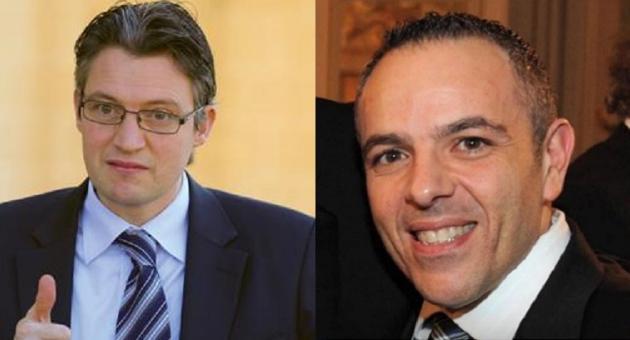
“Mr Schembri, Mr Mizzi and, allegedly, Mr Muscat’s wife own Panamanian companies that were expected to receive large sums of money, apparently from persons connected to Azerbaijan or the LNG power station project.”
Omtzigt also finds that statements by “persons close to the Prime Minister have raised concerns in relation to the investigation.
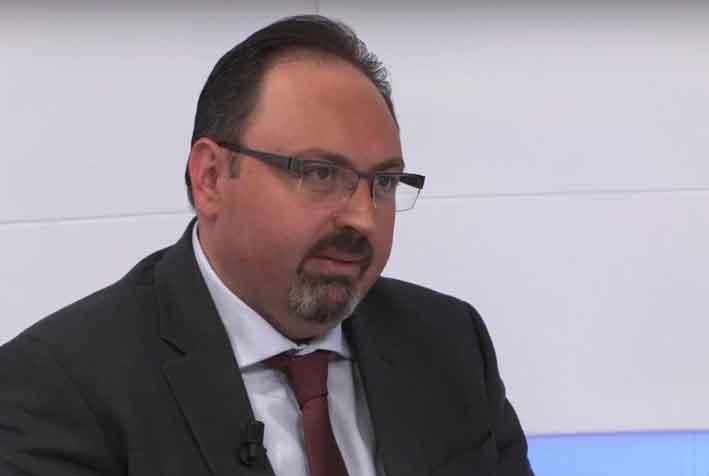
He notes how, “Prime Minister Muscat’s communications aide, Josef Caruana, posted a statement on Facebook insinuating that Ms Caruana Galizia’s own family were implicated in her murder, although he later apologised “to anyone I might have hurt” (without, however, withdrawing his earlier statement).
“A few days later, another of the Prime Minister’s communications aides, Labour MP Glenn Bedingfield, posted on his blog a call on the Civil Society Network that had campaigned for justice in the Caruana Galizia case to make her family hand over her laptop, which the family had declined to do out of mistrust of the authorities and fear of exposing her journalistic sources.”
He notes that, “Within hours, professionally-prepared banners appeared around Malta, reading “Why is someone hiding Daphne’s laptop?
Other concerns relate to whether the authorities could have had prior knowledge of the plot, with eth Dutch MP noting how when interviewing George Degiorgio, the police played a recording of the call he had made to add credit to the phone used to trigger the bomb, and that the security service had also revealed that it had been monitoring George Degiorgio’s boat prior to the murder.
“This,” Omtzigt says, “has raised questions as to what the Maltese police and security services might have known prior to the murder. The security service ‘categorically denies’ any prior knowledge of the murder plot.”
He also recalls how on 26 April Rob Wainwright, Executive Director of Europol, wrote to MEP Ana Gomes about Europol’s role in the Caruana Galizia investigation in Malta.
The letter included the following comment, which, Omtzigt notes, has raised “widespread concern”: “While we will continue to work closely with the Maltese authorities, there is some room for improvement in this cooperation and we are actively seeking to address this.”